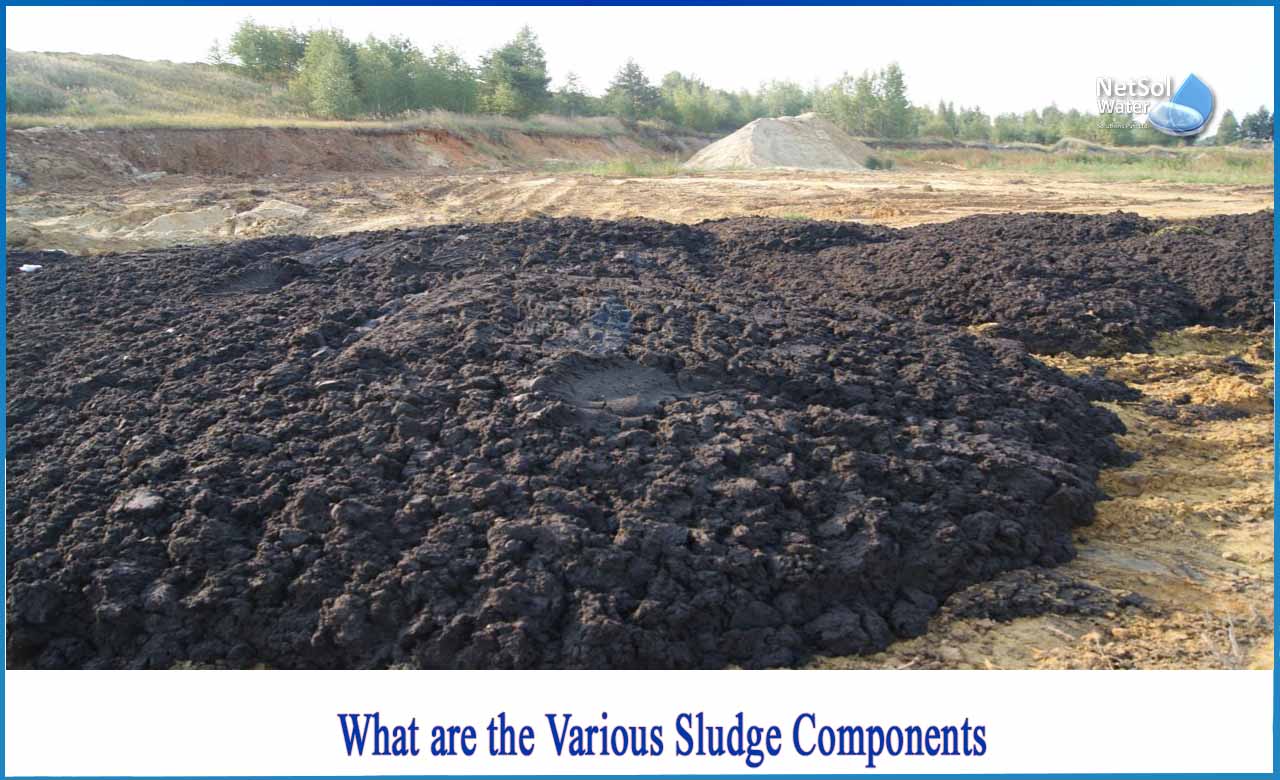What is active sludge?
Microorganisms, as well as a greater or lesser amount of inorganic particles, organic fibres, filamentous bacteria, extracellular polymer substances (EPS, biopolymers, exopolymers), and ions, make up active sludge.
The capacity of bacteria to "clump together" determines the sludge's sedimentation qualities to a large extent (form flocs).
What are floc forming bacteria?
Floc-forming bacteria are microorganisms that have this capacity and are highly useful in wastewater treatment. The foundation for good separation during the sedimentation phase is effective floc production.
The active bacteria produce EPS, which binds the various components together, resulting in the development of a floc. The filamentous bacteria and other components of a good sludge floc operate as the "backbone" that binds the sludge floc together.However, in some situations, the presence of filamentous bacteria whether they float freely between the sludge flocs or project between them which may impede further flocculation and severely damage the sedimentation properties.
What changes the sedimentation characteristics in plants?
The form of the sludge floc and the quantity of filamentous bacteria in the active sludge might differ significantly between plants, reflecting differences in plant types, operations, and wastewater composition. This frequently results in changes in the active sludge's sedimentation characteristics.
Additional risk-management measures are included in the regulations to restrict the potential for pollutants or pathogens to be transmitted from the site of application to groundwater or surface water, or to humans or animals.
These are some of the measures:
• requiring the farm to have a soil conservation strategy in place
• prohibiting application in environmentally sensitive regions
• prohibiting application on steep slopes and when the water table is close to the soil surface
• establishing setbacks from dwellings, wells, streams, rivers, and sinkholes
• preventing biosolids from coming into contact with disease vectors such mosquitos, flies, and rodents
• after biosolids treatment, prohibiting crop harvest and grazing for a set period of time
• Individuals in charge of land-application programmes must receive obligatory training.
What are the various Sludge Components?
Bacteria are one celled, colourless plants that feed on soluble food and may reproduce without the usage of sunshine. As decomposers, they play an important ecological function in stabilising organic wastes in treatment facilities by decomposing organic matter. They are to blame for the growth of activated sludge in home wastewater treatment. A sludge flake has a vast range of bacteria.
A variety of protozoa species, including flagellate-, ciliated-, and amoebae protozoa, have been found in activated sludge. Protozoa are single-celled organisms that eat bacteria and particulate materials for nourishment.
These organisms are partially on the flakes of activated sludge. On or between the activated sludge flakes, other protozoa are active. Nematodes, often known as rotifers, are multicellular creatures.
What is sludge made of?
Sludge is mostly made up of water. The amount depends on the type of sludge (primary, secondary, or tertiary sludge) and the stabilisation method (aerobic, anaerobic). The water content of raw sludge ranges from 93 to 99 percent. For further use, dewatering (up to approximately 35 percent dry substance content) or drying (to over 85 percent dry substance content) may be required.
The dry substance, which is made up of organic and inorganic substances, is the second major component.
Sludge comprises a broad range of trace components that have been isolated from the wastewater, in addition to the main sections. Organic and inorganic trace elements abundant in the sludge have their source in wastewater.
Netsol Water is Greater Noida-based leading water & wastewater treatment plant manufacturer. We are industry's most demanding company based on client review and work quality. We are known as best commercial RO plant manufacturers, industrial RO plant manufacturer, sewage treatment plant manufacturer, Water Softener Plant Manufacturers and effluent treatment plant manufacturers. Apart from this 24x7 customer support is our USP. Call on +91-9650608473, or write us at enquiry@netsolwater.com for any support, inquiry or product-purchase related query.



